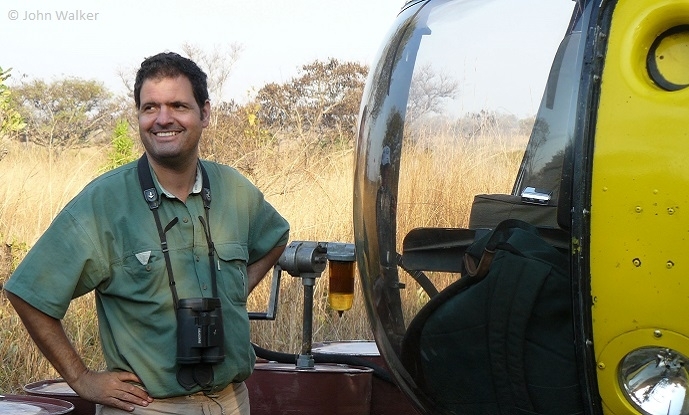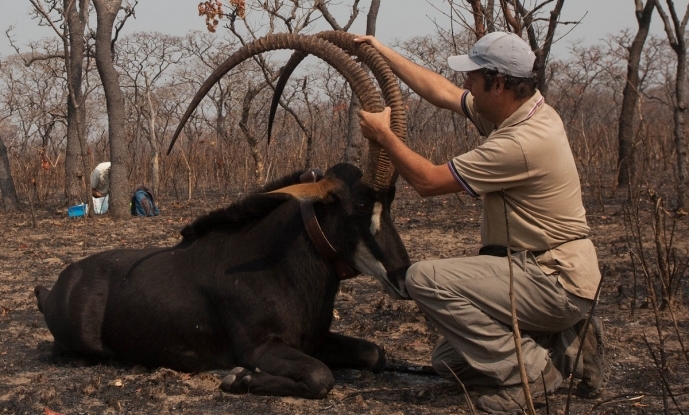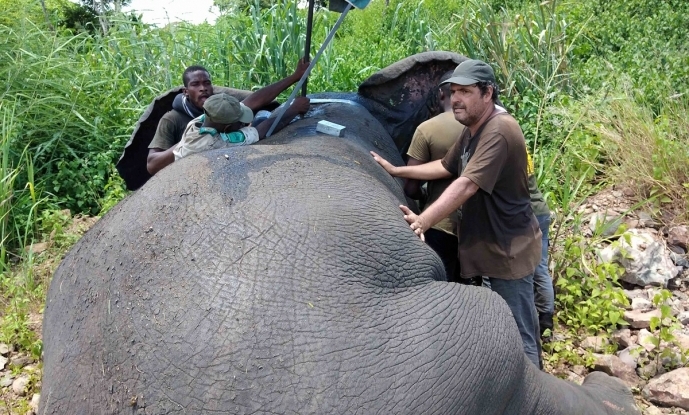Pedro Vaz Pinto
Auxiliary Researcher
Details
Position
Auxiliary Researcher
Member type
Researchers
Email
Degree
PhD
Address
CIBIO-InBIO, Universidade do Porto, Campus de Vairão, Rua Padre Armando Quintas, 4485-661 Vairão, Portugal
Groups
I was born in Angola and hold both Angolan and Portuguese citizenship. I graduated in Forest Engineering at the Agronomics School at Technical University of Lisbon in 1993, and completed my PhD in Biology at University of Porto in 2018, having developed a thesis on the evolutionary history of the critically endangered giant sable antelope Hippotragus niger variani. I am currently an auxiliary researcher at CIBIO, facilitating the development of various research projects and institutional relationships in Angola. I’m a member of the Antelope Specialist Group at IUCN.
My research interests are broad but geographically centred in southern Africa, and more specifically in Angola. I have conducted research on ecology, conservation biology and conservation genetics, across several taxonomic groups of vertebrates. My most productive work revolves around the giant sable antelope, deriving from many years of applied conservation on the ground, either leading or collaborating in various subcomponents. This work on the sable has led to various parallel and still ongoing lines of research, namely on evolutionary history, phylogenetics, population genetics, demography, hybridization, feeding ecology and spatial use. More recently, I have also been focusing my interest in another critically endangered African mammal, the forest elephant Loxodonta cyclotis, in developing preliminary lines of research which are expected to make relevant contributions for the conservation of the southernmost populations of this species. I have also a keen interest in conducting biodiversity surveys in remote areas of Angola, which have allowed the identification of endemic, endangered or rare vertebrates, new country records and description of novel species. These surveys have mostly focused on reptiles and amphibians, but also birds and large mammals.



